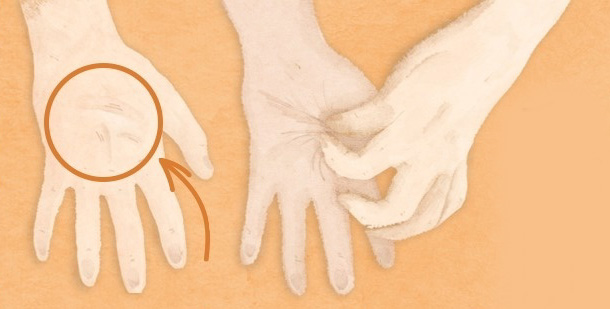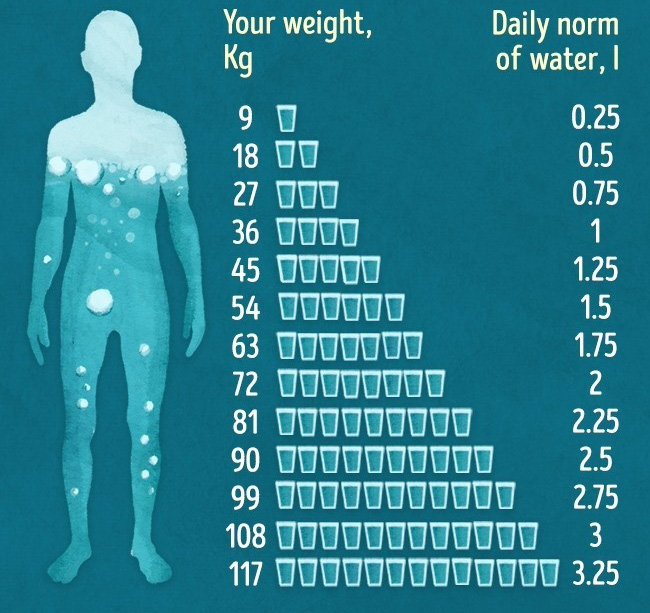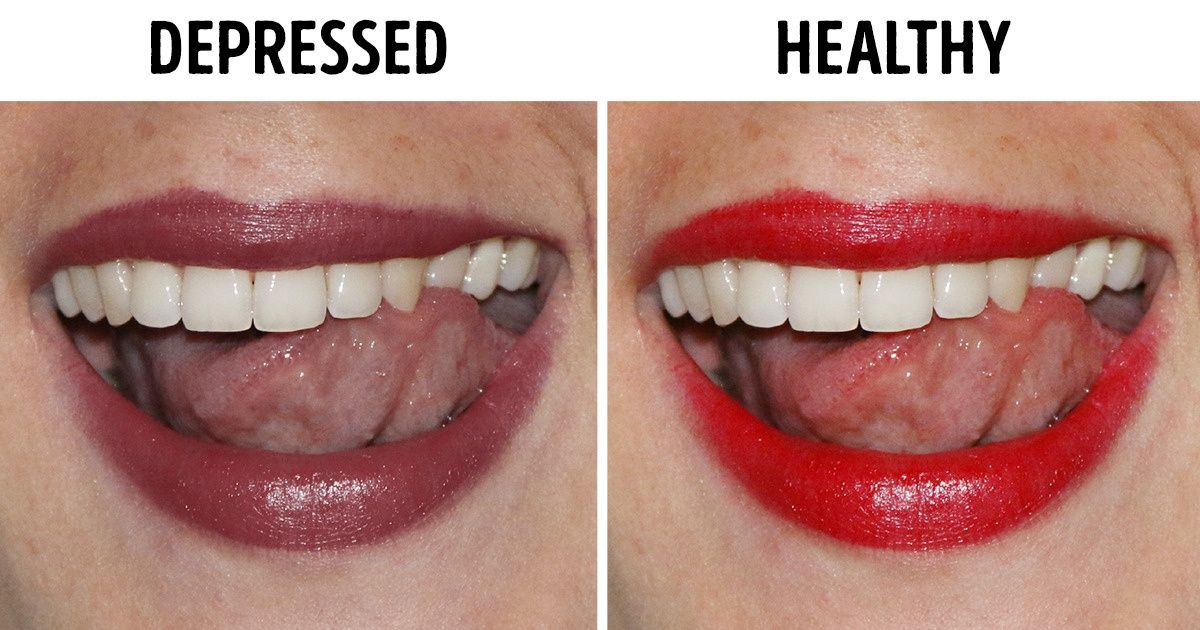More than half of the world’s population suffers from dehydration without even realizing that it can lead to serious health problems. Water is essential for saliva production and helps flush out bacteria, so you can maintain healthy teeth and gums.
Lack of water inhibits saliva production and causes bacteria to build upon your tongue, teeth, and gums, which contributes to bad breath. If you practice good oral hygiene and still have chronic bad breath, you may not be drinking enough water.
Make an appointment with your doctor if bad breath persists after increasing your water intake to rule out other underlying causes, such as gum disease, type 2 diabetes, and liver or kidney problems.
That’s why we have prepared this information to help you understand whether or not your body is getting enough water and the ways dehydration can have negative effects.
Signs Of Light And Average Levels Of Dehydration:

- Thirst
- Dry mouth
- Tiredness
- Worried and irritable
- Dark yellow urine
- fewer toilet breaks
- Dry skin lacking elasticity
- Constipation
- Dizziness
- Headache
- Bad breath
- You want sugar
- Muscle cramps
Signs Of Severe Dehydration:

- Very strong thirst
- Faster heartbeat
- Loss of consciousness
- Faster breathing
- Hollow stare
- Low pressure
- Extremely dry and brittle skin
- Strong dizziness
- Very dark urine, very few toilet breaks
- No sweating even in hot weather or during physical exertion
A Simple Way To Test Your Level Of Dehydration

- Pinch the skin on the back of your hand.
- If the fold of skin smooths out straightaway, then you’re hydrated.
- If the skin stays in position even for a moment, dehydrated.
How Much Water Should You Drink A Day?

A Person Is 60-80% Water
If we don’t drink enough water every day, it disappears
From Our Blood (Up To 8%):
This leads to narrow blood vessels, blood clots, raised blood pressure, risk of heart attack, and stroke.
From Our Intercellular Space (Up To 26%):
This leads to acidity levels, gout, kidney stones, brittle bones lower immunity.
From Our Cells (Up To 66%):
This leads to higher cholesterol, poor metabolism, accelerated aging. Dehydrated cells cannot burn fat effectively, leading to obesity.
How Being Dehydrated Impacts Your Workouts
It may be true that thirst is one of the first signs of dehydration, but if anything you’re like us, it takes a little effort to drink enough water throughout the day, especially when it’s time to exercise.
However, drinking little water can interrupt your exercise routine and prevent you from training as much as you want. Look at the three common signs that indicate dehydration.
- You feel fatigued
- You cramp easily
- You have a high pulse









